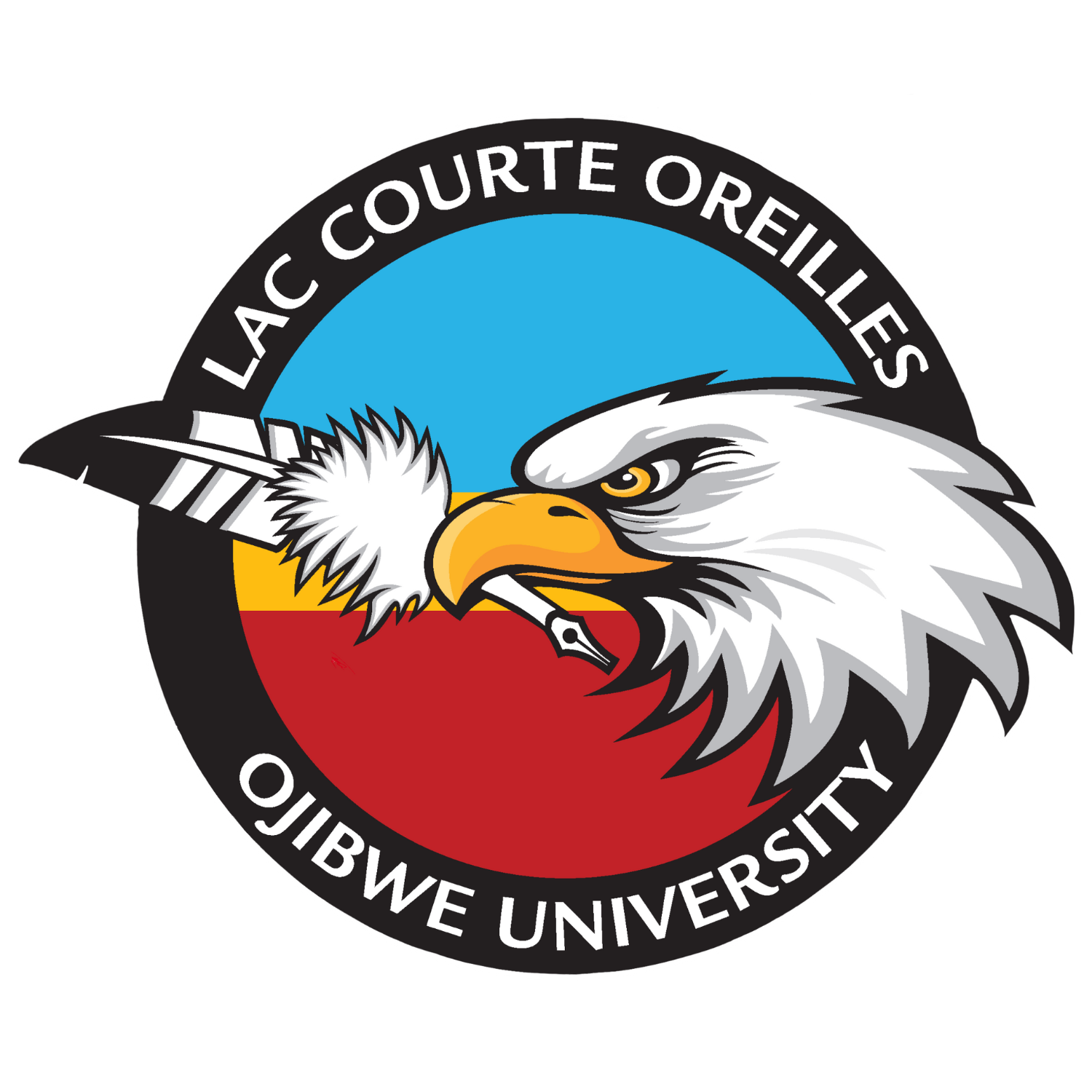Energy Audit Training Program
ĆØßäÉēĒųAPP is a sub-recipient on the DOE/UW-Milwaukee Grant for Industrial Training Assessment Center (ITAC) Expansion by creating an ITAC here at ĆØßäÉēĒųAPP to conduct energy audit assessments for small to medium-sized manufacturers.
Midwest Energy Program promotes renewable energy training for Native American students.
ĆØßäÉēĒųAPP students will attend the classroom portion of courses online, and then conduct any in-person labs at the ĆØßäÉēĒųAPP farm, which houses our Photo Voltaic (Solar) lab. Students will receive their certificate and college credits from Madison College, where they will be dual enrolled.
Questions?
Contact Jeremy Cowell at jcowell@lco.edu.
-
Required
20-806-291: Intro to Renewable Energy/Renewable Energy Technology (3 Credits)
20-806-292: Solar Photovoltaic Technology/Solar Energy Technology (3 Credits)
Electives (3 Credits needed)
20-806-287: Special Topics-Energy Storage (2 Credits)
20-806-290: Renewable Energy for International Development (3 Credits)
20-806-293: Solar PV Installation Lab (1 Credit)- In-Person at ĆØßäÉēĒųAPP
20-806-296: Advanced Solar PV Technology (1 Credit)
20-809-228: Environmental Economics (3 Credits)
20-809-269: Energy, Environment & Society (3 Credits)
20-806-391/396: Internships (1-3 Credits) (ĆØßäÉēĒųAPP region)
*Hybrid coursework offered in partnership with Madison Collegeā€™s Renewable Energy Certificate Program.
-
Student Interns will join UW-Milwaukee students and faculty to conduct FREE OF CHARGE ENERGY ASSESSMENTS to industrial facilities in Wisconsin, Minnesota and neighboring areas.
What will they do?
Before the energy assessment visit, they conduct a virtual meeting with the facilityā€™s management and plant personnel. They present a full utility data analysis including electricity, gas, and water consumption, usage trends, and prices. They discuss the facilityā€™s major energy consumption equipment and systems, including HVAC, pumps, compressors (blowers), boilers, lighting, and other energy-related setups.
After the pre-assessment meeting, Student Interns schedule the assessment with a consultation with the company's staff. Usually, their assessment is a one-day assessment, starting from 9 am to the end of the day.
In sixty days from the assessment day, Student Interns will provide the facility with a full energy assessment report including all assessment recommendations with expected energy savings, implementation costs, and payback period calculations. Their usual target is to achieve 15% annual energy savings with as low a payback period as possible.
-
ĆØßäÉēĒųAPP has secured discounted rates from the Midwest Renewable Energy Association for students to take online courses to receive the NABCEP PV Associate credential, plus six additional courses.
ĆØßäÉēĒųAPP will support student fees for the NABCEP Associate Credential.
The NABCEP Associate Program recognizes individuals who have demonstrated knowledge of the fundamental principles of the application, design, installation, and operation of Photovoltaic, Solar Heating or Small Wind energy systems.
A NABCEP Associate Credential (NABCEP Photovoltaic Associateā„¢, NABCEP Solar Heating Associateā„¢, or NABCEP Small Wind Associateā„¢) is earned by passing an examination. As the market grows for Photovoltaic, Solar Heating, and Small Wind technologies, individuals with a NABCEP Associate Credential enhance their employment opportunities with distinguished resumes. Employers have confidence they are hiring or promoting someone who is committed to the profession, and who has a proven understanding of the basic terms and operational aspects of a Photovoltaic, Solar Heating or Small Wind system. Passing a NABCEP Associate exam qualifies an individual to design, sell, install, or maintain systems in a supervised capacity.
ITAC Energy Assessment
Students will join UW-Milwaukee students and faculty to conduct FREE OF CHARGE ENERGY ASSESSMENTS to industrial facilities in Wisconsin, Minnesota and neighboring areas.
What will they do?
Before the energy assessment visit, they conduct a virtual meeting with the facilityā€™s management and plant personnel. They present a full utility data analysis including electricity, gas, and water consumption, usage trends, and prices. They discuss the facilityā€™s major energy consumption equipment and systems, including HVAC, pumps, compressors (blowers), boilers, lighting, and other energy-related setups.
After the pre-assessment meeting, they schedule the assessment with a consultation with the company's staff. Usually, their assessment is a one-day assessment, starting from 9 am to the end of the day.
Within sixty days from the assessment day, they will provide the facility with a comprehensive energy assessment report, including all assessment recommendations, expected energy savings, implementation costs, and payback period calculations. Their usual target is to come up with 15% annual energy savings with as low as possible payback periods.

